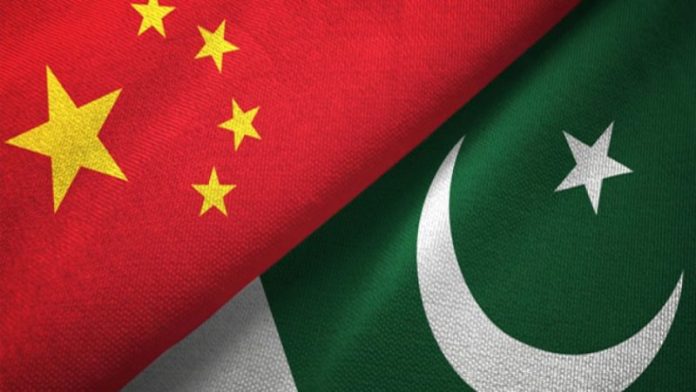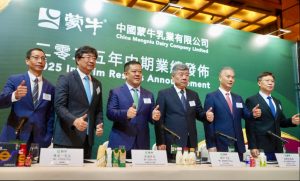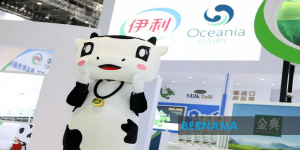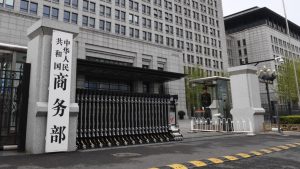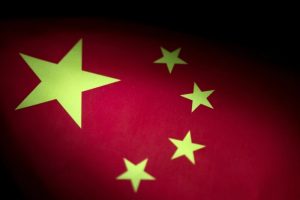
Pakistan-China cooperation in this field, hope to set up a dairy processing plant in Pakistan,” President of Royal Group, Chen Yiyi said on Tuesday.
“If regulations permit, we are willing to share China’s experience and embryo technology,” Chen said in an interview after completing a week-long visit to Pakistan.
“In the foreseeable future, the rapid growth of animal husbandry will impose more pressure on dairy producers, so it’s imperative for us to improve buffalo’s varieties through new technologies and work with Pakistani partners to promote the output of the entire animal husbandry industry,” he added.
Chen introduced that China’s practice in the animal husbandry industry over the past 30 years has shown that a proportional introduction of gene technology and embryo technology is conducive to the rapid growth of the agricultural population and the improvement of population quality.
China’s experiences and technologies in this respect will be beneficial to the re-development and upgrading of Pakistan’s animal husbandry in terms of quality and quantity, CEN reported.
In addition to technological cooperation, Chen informed that he is also willing to develop dairy products processing and industrial research in Pakistan to meet the demands of its domestic market and seek export to the Chinese and international markets.
“That will not only create foreign exchange reserve for Pakistan but also enhance the competitiveness of China and Pakistan in milk and meat production in Asia,” Chen added.
To improve the processing capacity of dairy products and reduce foreign exchange losses, “the Pakistani governments at all levels have been dedicated to improving the investment environment in the past five years and that has facilitated investors,” Chen said.
Xiao Ziqi, a member of the delegation who is experienced in agricultural investment, said that in Pakistan the purchase price of pure buffalo milk is RMB 4-5 per kilogram, which varies slightly from region to region. In contrast, the purchase price of buffalo milk in China is about 2-3 times that of Pakistan.
In Guangxi Province, a core producing area in China, the price has been increasing year by year, reaching nearly RMB 10-12 yuan per kilogram, and once approached RMB 15 in peak seasons. If Pakistan’s buffalo milk can be exported to China, it will not only add to Pakistan’s foreign exchange reserve but also provide a more favorable price for Chinese consumers.
The window has been open to Pakistan for export. Pakistan’s dairy products and beef, which have been suffering from foot-and-mouth disease, may have two breakthroughs this year: in February, China’s Huiyu Group and Nestle Pakistan signed a memorandum of understanding to import Nestle cream from Pakistan.
In April, a Pakistani company announced that it had been approved by China Customs to export 300 tons of beef after heat treatment to China. If it is done, it will become the first company in Pakistan to obtain such approval.
Royal Group is not the first Chinese dairy enterprise to enter Pakistan. With the construction of the China-Pakistan Economic Corridor, dairy companies such as Liaoyuan Dairy, Yili, and Shengyuan have tried to lay out Pakistan one after another with some given up and some gained a firm foothold.
Chen said that with the cooperation between the two governments further strengthened and the investment environment of Pakistan improved, “We think this is a more appropriate time to invest in Pakistan. In the next decade, buffalo milk will usher in more business opportunities.”
